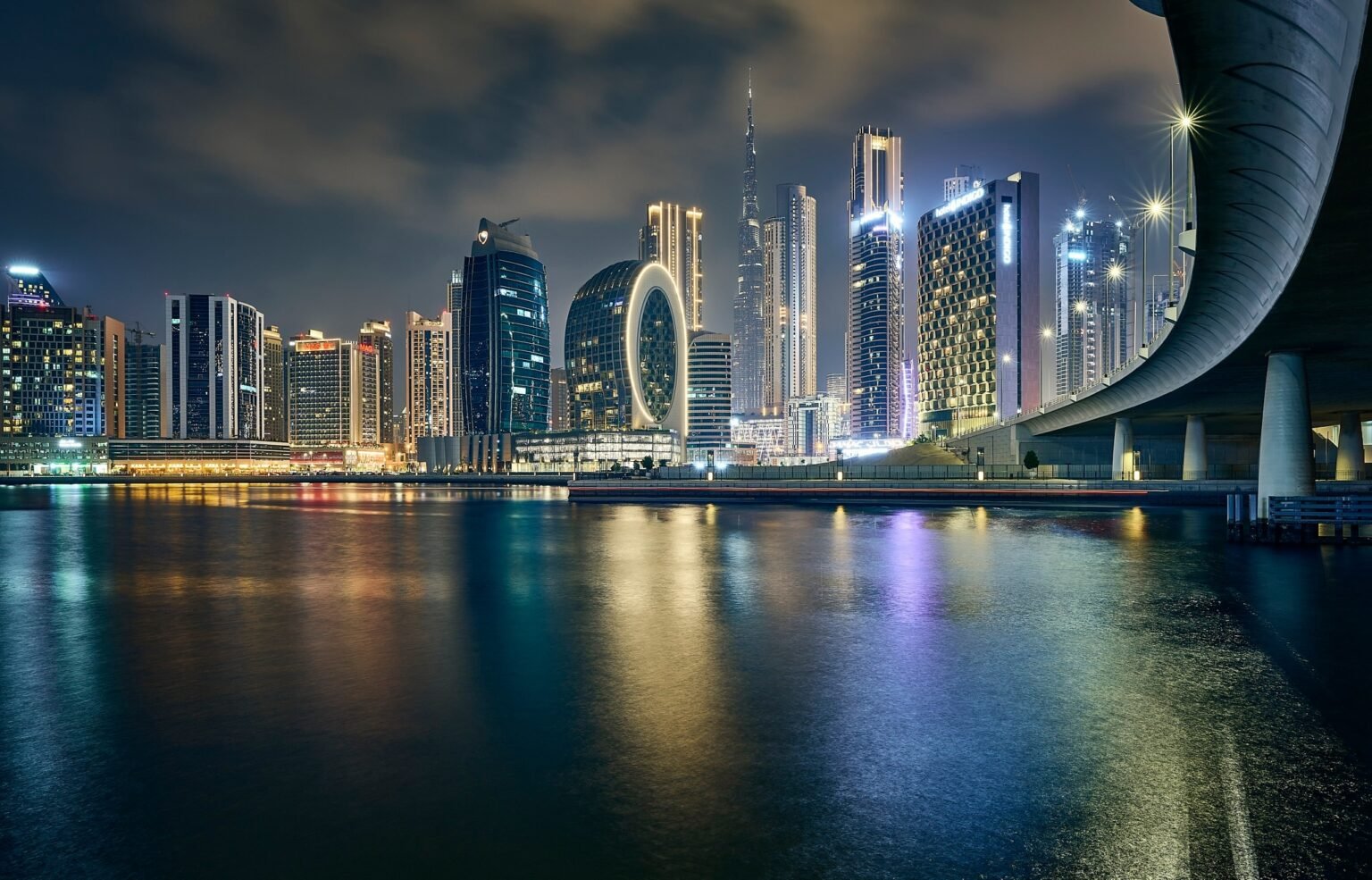- Decrease saw Dubai’s Consumer Price Index edge down slightly to 111.56 points in July
- Dubai’s inflation rate has been relatively low compared to other major cities in the region
RIYADH: Dubai’s inflation rate eased to 3.32 percent in July, down from 3.85 percent in June, marking the lowest level since the beginning of the year, official figures showed.
This decrease saw Dubai’s Consumer Price Index edge down slightly to 111.56 points in July, compared to 111.65 points in June, according to data released by the Dubai Statistics Center.
The housing, water, electricity, gas, and fuel sector, the most heavily weighted component in Dubai’s CPI, recorded a 6.76 percent price increase in July.
This is a slight acceleration from the 6.66 percent rise recorded in June, continuing a trend that has made the sector a key contributor to overall inflation throughout the year.
Dubai’s inflation rate has been relatively low compared to other major cities in the region, reflecting the government’s proactive measures to manage price stability and sustain economic growth. Amid global inflationary pressures, the emirate’s economy has remained resilient, benefiting from diversified sectors such as tourism, real estate, and trade.
The data revealed that the insurance and financial services sector also witnessed a price increase, with an 8.62 percent rise in July compared to 8.44 percent in June. This sector has seen some of the most pronounced price hikes in 2024, reflecting higher financial product and service costs.
The July figures represent a continuation of this upward trend, highlighting the increasing burden on consumers who rely on these services.
In contrast to the rising prices, the tobacco sector experienced a decline of 3.63 percent in July, maintaining the same rate of decrease as in June. This marks one of the few sectors where prices have consistently fallen, offering some relief amid the broader inflationary pressures.
Overall, Dubai’s inflation rate of 3.32 percent in July signals a broader easing of price pressures in the emirate, though the experience across sectors remains varied.
For instance, while food and beverage prices increased by a modest 2.46 percent in July, this represented a slight uptick from 2.35 percent in June, indicating ongoing volatility in essential goods.
Similarly, the clothing and footwear sector saw a marginal increase in prices, rising by 0.96 percent in July after a 0.91 percent rise in June, reflecting relatively stable but low inflationary pressures in this category.
On the other hand, the recreation, sport, and culture sector saw a negative shift, with prices decreasing by 2.42 percent in July, following a 1.5 percent rise in June.
The information and communication sector also saw declines with prices dropping by 2 percent in July compared to a slight rise of 0.02 percent in the previous month.
Source: Arab News



